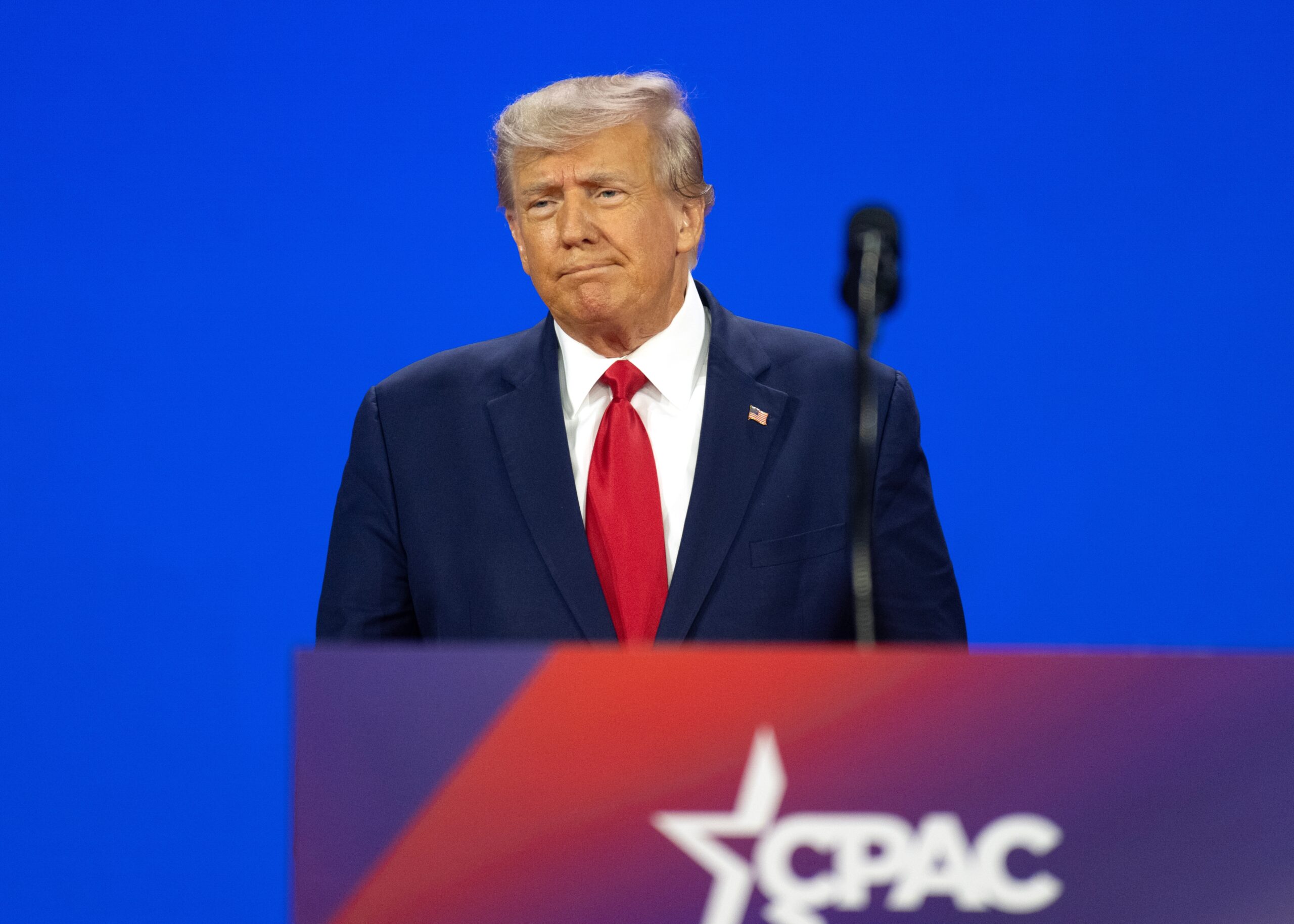JUDGE BLOCKS Trump – MASSIVE Ruling!

A federal judge has temporarily blocked the Trump administration from ending a Biden-era program that grants parole and work rights to over 500,000 migrants from Cuba, Haiti, Nicaragua, and Venezuela, requiring case-by-case reviews before any terminations.
At a Glance
- U.S. District Judge Indira Talwani halted the termination of the CHNV parole program that allowed migrants from four countries to stay in the U.S. for up to two years
- The ruling prevents mass termination of legal status for over 500,000 migrants who were previously told to leave by April 24
- Judge Talwani mandated that each migrant’s case must receive individualized review before parole can be revoked
- The CHNV program was paused by the Trump administration citing widespread fraud and criminal activity
- The ruling represents a significant legal challenge to the Trump administration’s immigration policy
Program Protection and Judicial Reasoning
U.S. District Judge Indira Talwani’s ruling prevents the Department of Homeland Security from terminating the parole status of migrants from Cuba, Haiti, Nicaragua, and Venezuela without individual reviews. The Biden administration created the CHNV program in 2023, initially for Venezuelans before expanding to other countries, allowing migrants to live and work in the United States for up to two years provided they passed background checks and secured financial sponsors.
The judge emphasized the serious consequences migrants would face if their status were abruptly terminated. In her decision, Talwani noted that those affected would either need to leave voluntarily or face removal proceedings, potentially separating families and exposing migrants to dangers in their home countries. The injunction ensures that approximately 530,000 migrants who entered through this process can maintain their legal status past the April 24 deadline that had been set by the Trump administration.
Administration Response and Program History
The Trump administration began efforts to end the program in late March, arguing it lacked proper legal foundation and did not provide a pathway to permanent status. Officials from the administration expressed strong disagreement with the judge’s ruling, with one unnamed official calling it “pure lawless tyranny.” The administration maintains that the executive branch should have authority to revoke parole granted by a previous administration, especially given concerns about the program’s implementation.
The CHNV program was designed to reduce illegal border crossings by providing a legal pathway for nationals from four countries that were contributing significantly to migration flows. Migrants in the program received authorization to work and remain in the country temporarily. However, the program was paused amid reports of widespread fraud and concerns about some recipients being arrested for serious crimes, issues that the Trump administration cited as justification for the planned termination.
Humanitarian Concerns and Legal Requirements
Judge Talwani’s ruling emphasized the humanitarian aspects of the case, noting the potential consequences for those who would be forced to return to their native countries. The judge ordered that each migrant requires individualized review before any parole revocation can occur, effectively preventing the mass termination that had been planned. This requirement for case-by-case assessment represents a significant procedural hurdle for the administration’s immigration policy.
Advocates for the migrants celebrated the decision. Karen Tumlin from the Justice Action Center called the ruling “a significant step toward justice” for both the migrants and their American sponsors who had welcomed them into their homes and communities. The ruling allows these individuals to maintain their legal status while challenges to the termination process continue through the courts, potentially setting up a lengthy legal battle over the fate of the program and its beneficiaries.












